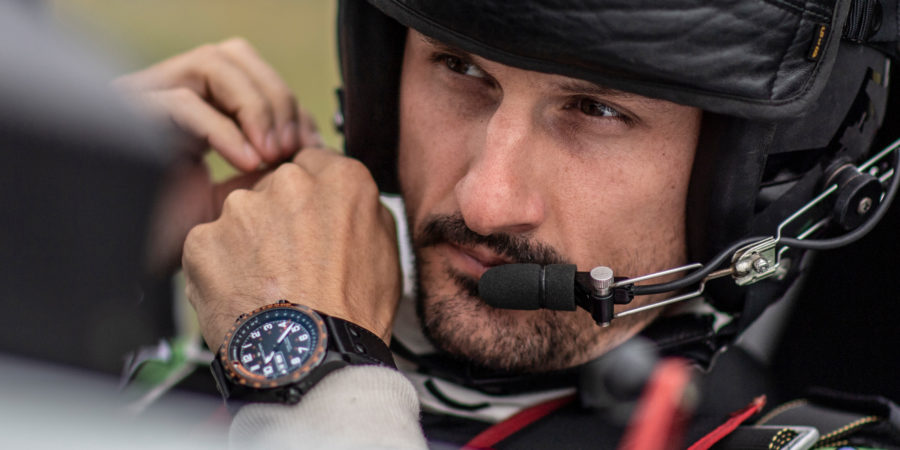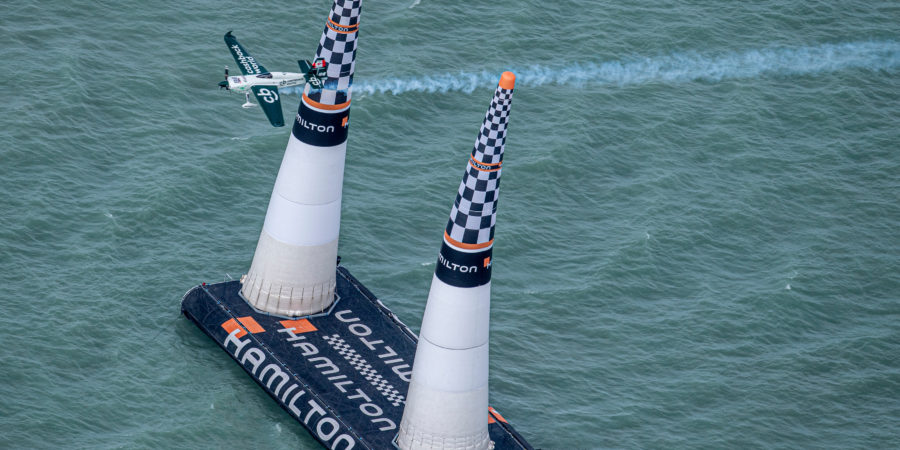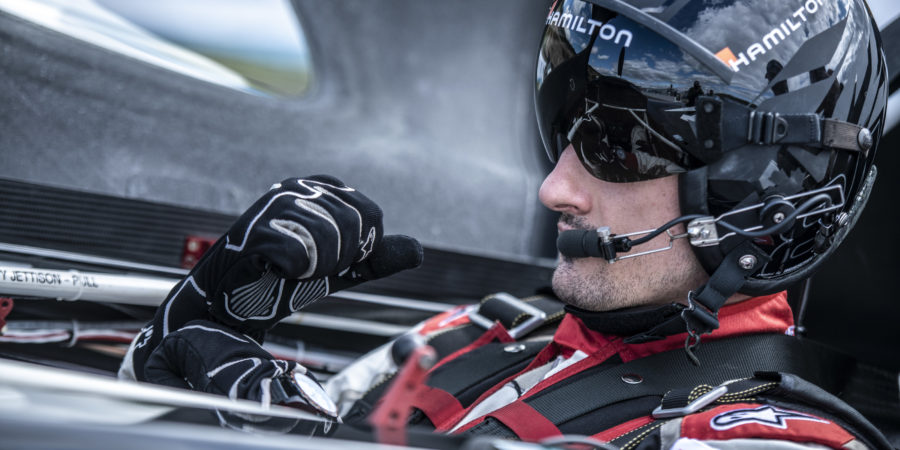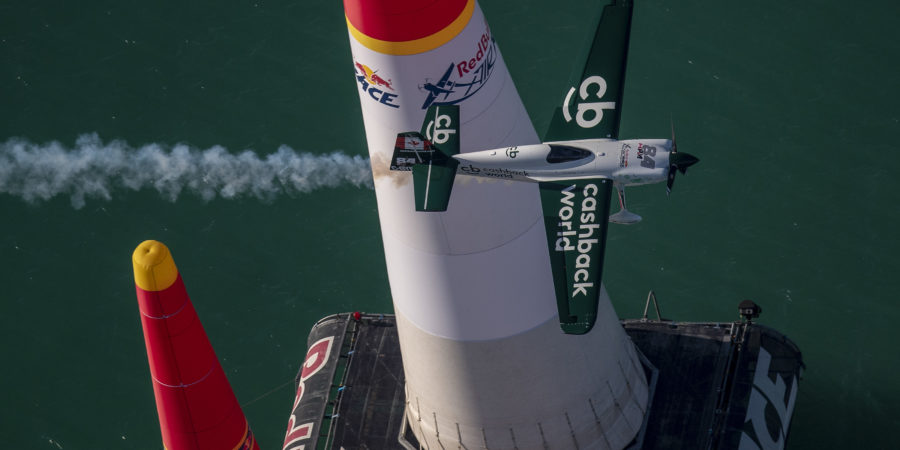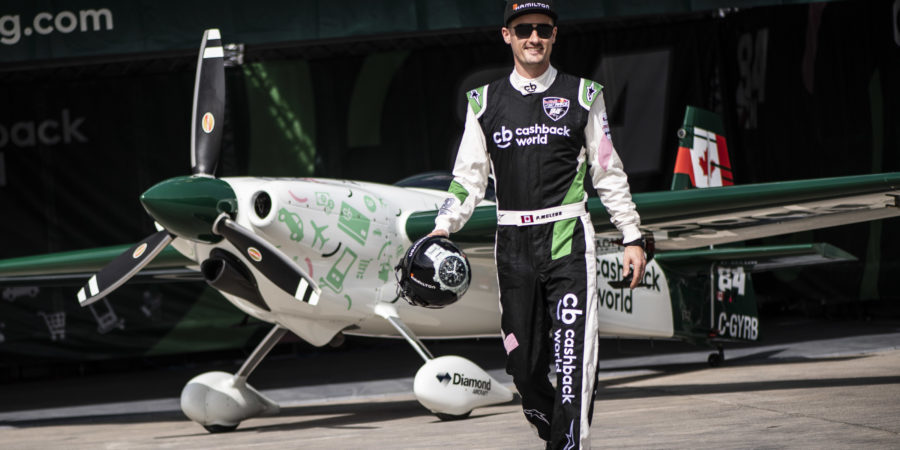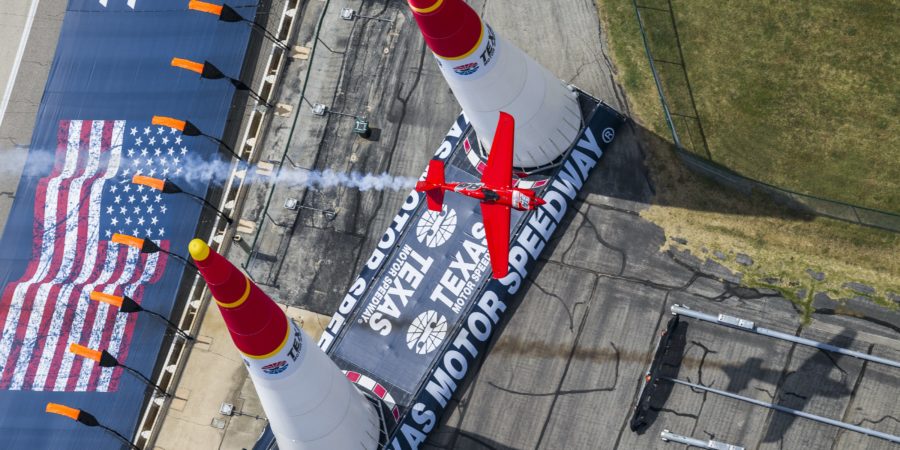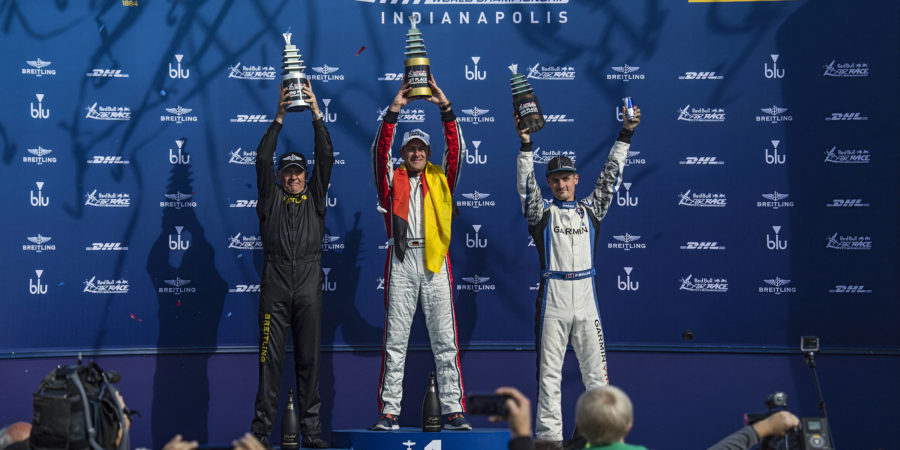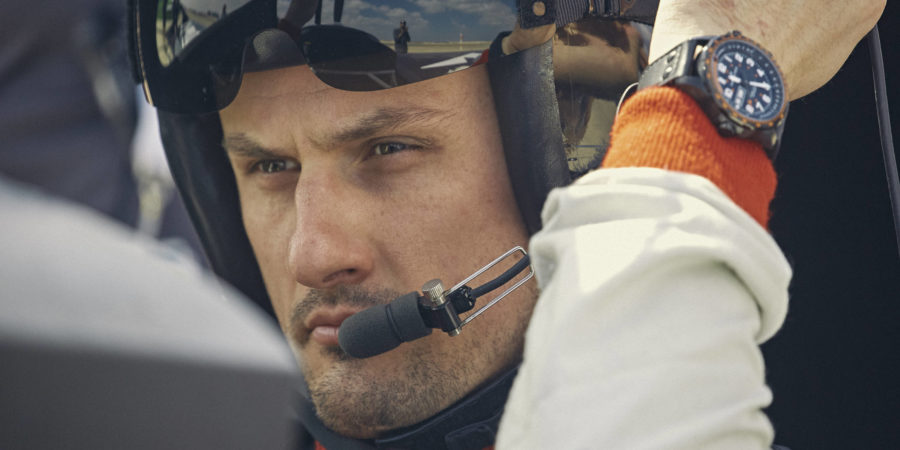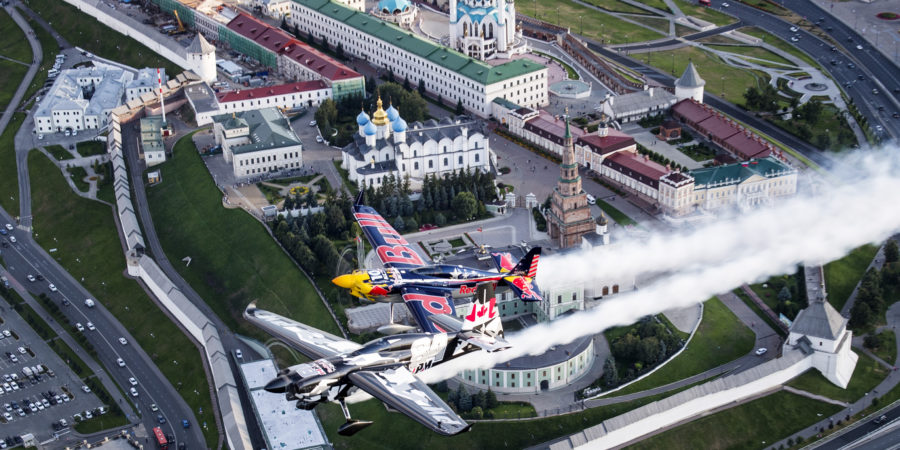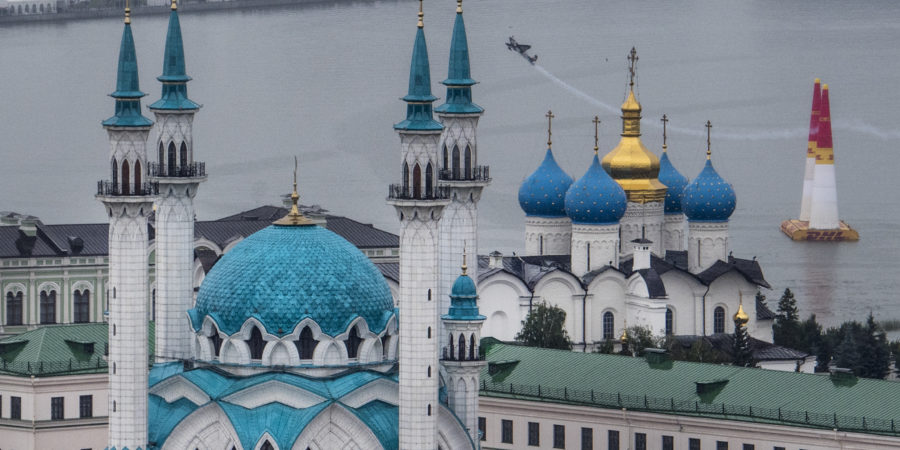Canada’s McLeod takes off in Japan’s first Air Racing season finale this weekend
On 7-8 September, Canada’s only Red Bull Air Race pilot, Pete McLeod, will take off in Chiba, Japan, the final stop of the 2019 World Championship. It is the first time the sport has ever held a season finale in Asia, and the Cashback World Racing Team pilot is looking forward to the tight competition and passionate fans.
Japan is the home of Air Racing’s biggest superfans, and Pete is a popular figure. In the 2017 race in Chiba, he caught everyone’s eye with brilliant runs in Qualifying that gave him both pole position and the DHL Fastest Lap Award. In the Chiba race last season, he advanced all the way to the Final 4 by delivering some of the fastest times of the day. With the news that the Red Bull Air Race will not continue past 2019, Japanese supporters won’t want to miss a moment of the action this weekend.
“The fans in Japan are some of the best in the Air Race, and even some of the most loyal of mine – they are awesome!” Pete declares. “While I wish it wasn’t the last race for the Red Bull Air Race, I’m happy for the Japanese fans that it is happening here in Chiba – they deserve it!”
The Canadian has arrived at the Race Airport with the momentum of his best result of the season so far, a third-place finish at Lake Balaton, Hungary, which makes the finale even more thrilling for McLeod fans everywhere. The pilot is pretty enthusiastic himself, and evidently the racing isn’t the only thing he’s fired up about. “I’m very excited for a restock of shinagawa-maki, one of my favourite Japanese snacks!” he says with a smile.
Pete won’t have too much time to stock up on treats, because he is also in demand as a display pilot, and just days after the race concludes, he will be wrapping up the 2019 airshow season with flights in front of Canadian crowds at the annual Airshow London, right in the Ontario city where he lives. “After that, I’m looking forward to some float plane flying in Northern Canada in October, and then preparations for 2020 projects will start,” explains the busy pilot.
Asked about his mindset for the race in Chiba, Pete says, “Mindset-wise, the challenge will be to stay fully engaged in racing without the ‘last race’ emotion and distraction coming into play. My objective is to finish the season strong, and with a professional approach on and off the track.” He continues, “The World Championship is not in play for me, but the team and I both know we can be a weapon on the track and would like to showcase that one last time before we end the year.”
Join Japan’s Red Bull Air Race superfans and watch Pete McLeod fly at the season finale on 7-8 September 2019. For ticket information and all the latest news, visit www.redbullairrace.com.
###
Red Bull Air Race 2019 Calendar
8-9 February: Abu Dhabi, UAE
15-16 June: Kazan, Russia
13-14 July: Lake Balaton, Hungary
7-8 September: Chiba, Japan
About Red Bull Air Race
The Red Bull Air Race World Championship is an aerial motorsport series that demands a combination of speed, precision and skill. Using the fastest, most agile, high performance raceplanes, pilots compete in iconic locations over water and land. The high speed, low altitude and extreme manoeuvrability required make it accessible only to the world’s most exceptional pilots.
Flying just metres from the ground, 14 Master Class pilots race against the clock whilst reaching speeds of up to 370 km/h, requiring a combination of precision and skill unmatched in the world of aviation. Pilots must be in peak physical condition as they endure forces up to 12G while navigating the technical racetracks made up of air-filled pylons.
The Air Race was developed in 2003 and is accredited by the Fédération Aéronautique Internationale (FAI), with more than 90 races completed across five continents. As the most advanced aerial challenge in existence, competing in the Red Bull Air Race World Championship is the highest accolade for elite pilots. The Challenger Cup feeder series was introduced in 2014.
For more editorial content, visit www.redbullairracenewsroom.com.
